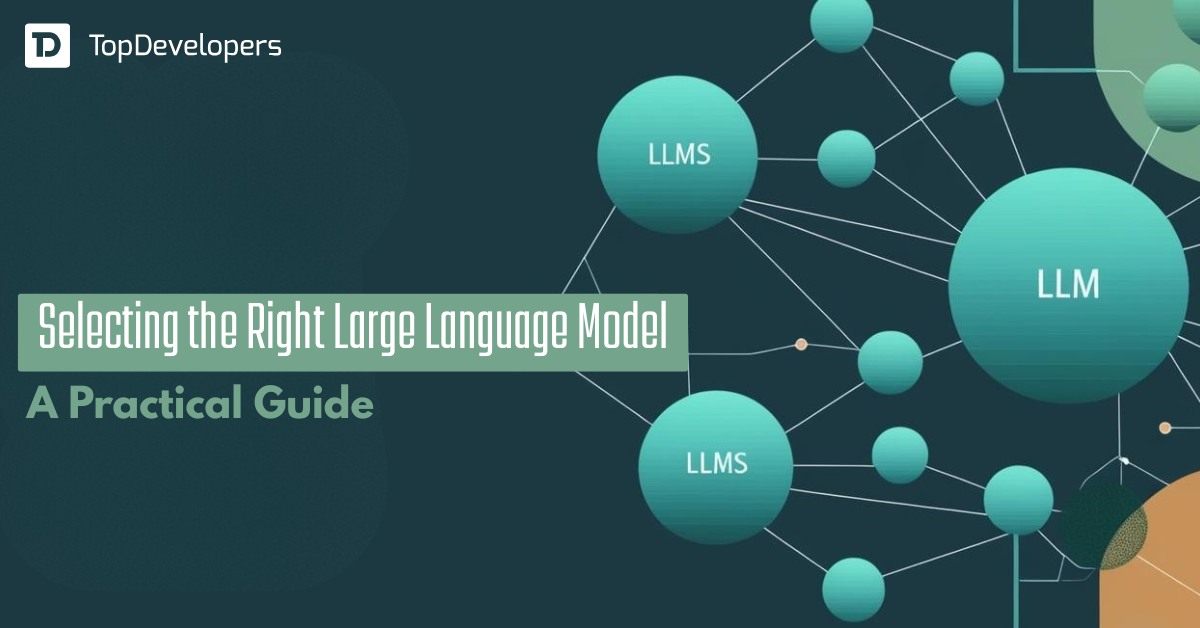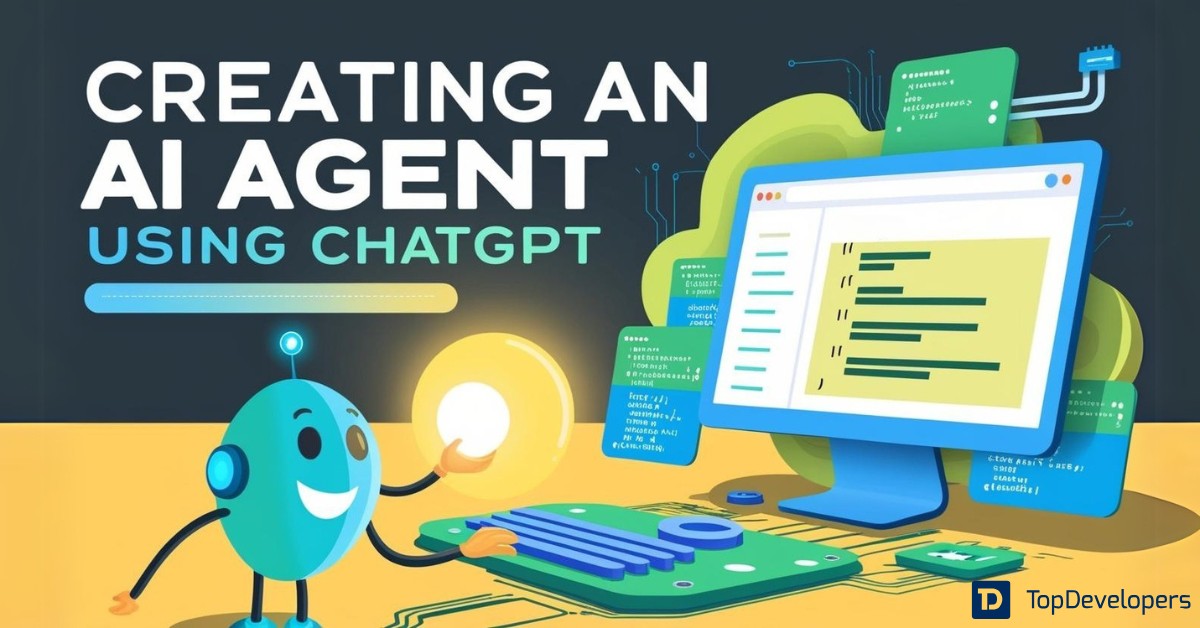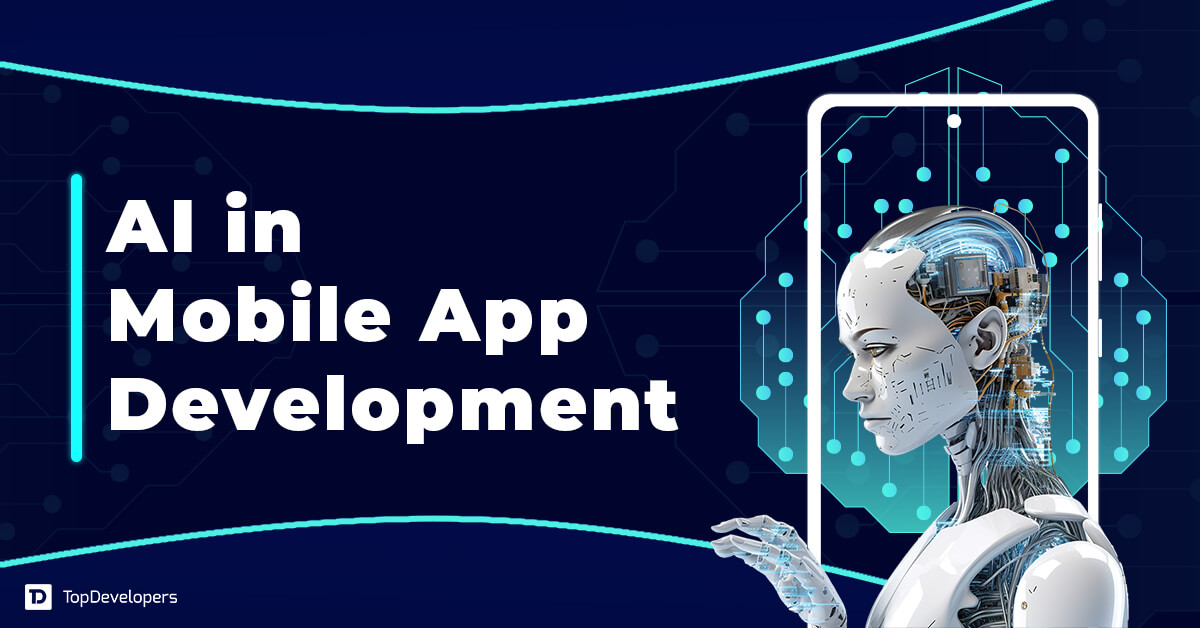
Global tech giants are racing to develop smarter models, better tools, and scalable solutions. Among them, Tencent AI has emerged as a strong and focused player from Asia. Known for its popular products like WeChat, QQ, and a dominant presence in the global gaming market, Tencent has also been steadily investing in building a powerful foundation in artificial intelligence.
This focus on AI comes alongside notable business growth. In Q4 2024, Tencent’s value-added services revenue increased by 14% year-on-year. Gaming, one of its strongest verticals, played a major role—international game titles like Brawl Stars and PUBG Mobile helped drive revenue to US$ 2.23 billion, while domestic titles such as Honour of Kings and Peacekeeper Elite pushed local gaming revenue to US$ 4.62 billion. These results show how Tencent’s entertainment ecosystem offers a robust platform to scale and integrate AI technologies across user-facing experiences.
According to a 2024 CB Insights report, Tencent was ranked among the top five most active investors in AI startups globally, reinforcing its commitment to building long-term AI capabilities.
Over the past few years, Tencent has expanded its efforts through Tencent AI Lab, Tencent AI Models, and generative AI initiatives like the Hunyuan series. From launching large language models to creating AI agents and virtual assistants, Tencent is gradually positioning itself as a global contender in AI innovation.
This blog offers a detailed and easy-to-understand look at Tencent’s approach to AI. It covers key areas such as its research focus, business applications, AI development labs, tools like Yuanbao, and what decision-makers can learn from its strategies. Whether exploring Tencent AI investment opportunities or reviewing the latest Tencent AI business models, this breakdown is tailored for business leaders who want to stay ahead of the AI curve.
Table of Contents
- Tencent AI Lab – The Core of Innovation Behind Tencent AI
- Hunyuan Series – Tencent’s LLM Endeavors
- Yuanbao – AI Integration into Everyday Applications
- Real-World Applications of Tencent’s AI Across Key Industries
- Strategic Shifts and Collaborations in Tencent AI Development
- Conclusion – Tencent’s Position in the Future of AI
Tencent AI Lab – The Core of Innovation Behind Tencent AI
Tencent’s journey into the world of artificial intelligence is deeply rooted in the efforts of its in-house research hub, Tencent AI Lab. Established in 2016, this AI lab forms the foundation for many of Tencent’s advancements in AI research and development. It is where Tencent AI models are conceptualized, trained, and refined. The lab focuses not only on innovation but also on real-world application, aligning research with business needs across healthcare, fintech, gaming, and digital media.
Tencent AI Lab continues to push the boundaries in areas like deep learning, computer vision, speech processing, and natural language understanding. The goal is clear: to make Tencent a long-term leader in applied AI across both enterprise and consumer-facing ecosystems.
Key Research Areas Driving Tencent AI Lab’s Success
The Tencent AI lab has divided its focus into four major research pillars:
Natural Language Processing (NLP)
Tencent AI Lab has placed strong emphasis on NLP to support its chatbot systems, intelligent customer service, and content platforms. These models understand and generate human language, making AI interactions smoother across Tencent apps like WeChat and QQ. This work directly supports the evolution of Tencent AI agents and LLM-based services.
Computer Vision
Tencent uses computer vision for real-time video analysis, facial recognition, and augmented reality experiences. This research has been integrated into applications ranging from security systems to entertainment and smart city infrastructure, strengthening the use cases for Tencent AI models in different sectors.
Speech Recognition
Tencent AI’s voice recognition capabilities are built to enable more natural user interaction. This is especially useful in Tencent’s mobile products and virtual assistants. Accurate voice-to-text functionality also enhances accessibility for users and forms the foundation of advanced AI communication systems.
Machine Learning and Deep Learning
At the core of every AI solution Tencent develops, machine learning is essential. From personalization engines in gaming to automated diagnostics in healthcare, Tencent AI Lab continues to optimize model performance through advanced deep learning frameworks and massive datasets.
Innovation Meets Application: Bridging Research with Tencent’s Business Ecosystem
Tencent AI Lab is not limited to academic research. Its innovations are actively applied across Tencent’s products and services to generate tangible business value.
AI in Healthcare
Tencent collaborated with its healthcare division to create AIMIS (AI Medical Innovation System). This tool helps detect diseases such as diabetic retinopathy and certain cancers by analyzing medical images. It’s now used in Chinese hospitals to assist doctors in early diagnosis and improve patient outcomes.
AI in Gaming
The gaming division benefits directly from AI Lab’s research. AI is used to generate dynamic environments, animate non-player characters (NPCs), and personalize gameplay. These advancements enhance the gaming experience and drive user engagement, a major source of Tencent’s revenue.
AI in Communication and Social Platforms
In WeChat and QQ, Tencent AI powers intelligent chat suggestions, content filtering, and personalized feeds. These AI features support the development of Tencent AI agents that improve engagement and optimize user interaction.
Impact on Tencent AI Business Models
Tencent AI Lab’s work helps shape Tencent AI business models by integrating research outcomes into scalable digital products. These models include AI-based enterprise tools, healthcare diagnostics, and consumer-facing features that add measurable value to Tencent’s service ecosystem.
Tencent AI Lab’s Global Impact on Research
Beyond internal projects, Tencent AI Lab is an active contributor to the global research community. It regularly publishes papers in top-tier AI conferences and journals. This visibility strengthens Tencent AI research credibility and attracts partnerships and talent from across the world.
The AI lab’s growing presence in the international AI space helps elevate Tencent AI LLMs and models as serious competitors to those developed by global tech leaders.
Hunyuan Series – Tencent’s LLM Endeavors
As the global demand for advanced language models grows, Tencent has entered the LLM race with its own line of large language models under the Hunyuan series. This initiative marks a significant step in Tencent AI’s expansion from foundational research to scalable, real-world AI applications. The Hunyuan series is a direct response to the global popularity of generative AI, aiming to provide competitive alternatives to existing models.
Tencent’s Hunyuan models are designed to handle complex reasoning, long conversations, and multimodal processing. These capabilities allow Tencent AI agents to assist in diverse tasks across business communication, content creation, data analysis, and virtual interaction.
The Launch of Hunyuan AI Model
Tencent officially introduced its Hunyuan AI model as part of a broader strategy to enhance its AI-powered services. It focuses on both general-purpose reasoning and application-specific fine-tuning. The initial versions of the model were used internally for applications like WeChat services, smart search, and productivity tools.
Hunyuan was trained on over 2 trillion tokens and designed with over 100 billion parameters, placing it in the same league as other advanced global models. Tencent AI Lab ensured that the model could process long sequences and deliver context-aware responses in real time.
This model laid the foundation for Tencent’s future generative tools, including chatbots and AI-driven assistants.
Hunyuan Turbo S – Tencent’s High-Performance Chatbot
To compete more directly in the generative AI space, Tencent released Hunyuan Turbo S, a refined version of its original language model. It is one of the most advanced Tencent AI LLMs to date, offering significant improvements in response time and accuracy.
Instant Response Mechanism
Hunyuan Turbo S supports faster text generation by optimizing its model architecture. It reduces lag between prompts and replies, enabling near real-time interactions, critical for AI agents deployed in customer support and business tools.
Advanced Reasoning with Dual Thinking Chains
One of the key differentiators is its ability to use long and short thinking chains simultaneously. This helps the model balance memory recall and short-term logic, allowing it to handle complex multi-step queries. Such features strengthen Tencent AI agent performance in decision-making and problem-solving scenarios.
Benchmark Performance and Testing
Independent benchmarks show that Hunyuan Turbo S performs competitively against leading global LLMs in areas like mathematics, writing, and logic. It was specifically optimized to perform well in Chinese-language tasks while maintaining strong results in English prompts. This bilingual strength is useful for Tencent’s global products and its diverse business audience.
Building Applications with Hunyuan Models
Tencent is actively using its Hunyuan models to power real-world AI applications that support both internal operations and external products. The company is focused on making these models accessible and functional for businesses that need intelligent automation and better user experiences.
For organizations exploring AI adoption, here are the general steps involved in building applications with Tencent’s Hunyuan AI models:
Step: 1 Define the Use Case
Identify the specific business function where generative AI can add value, such as automating responses, summarizing documents, or translating content.
Step: 2 Select the Model Variant
Choose from different versions of the Hunyuan model, such as Hunyuan Turbo S, based on the performance, latency, and language needs of the application.
Step: 3 Fine-Tune for Specific Tasks
Fine-tune the model with task-specific data to improve accuracy and relevance. This step enhances model performance in niche business operations.
Step: 4 Integrate with Business Tools
Use APIs or SDKs provided by Tencent to embed the model into apps, platforms, or workflows. Integration options can support web, mobile, or internal enterprise tools.
Step: 5 Monitor and Optimize
Continuously track model behavior, collect user feedback, and apply updates to improve output quality, reduce errors, and ensure compliance.
From internal collaboration tools to consumer-facing applications, Tencent’s Hunyuan models are designed to help businesses deploy intelligent features quickly and efficiently.
The Role of Hunyuan in Tencent AI Business Models
The Hunyuan series plays a key role in strengthening Tencent’s AI monetization strategies by expanding the reach and depth of its AI-powered services.
- Supports product personalization across Tencent’s apps and services.
- Enhances user engagement through AI-driven chat and recommendations.
- Enables business automation tools for content generation and analysis.
- Improves customer support with multilingual AI agents.
- Offers enterprise integration through APIs and AI toolkits.
- Powers advertising and marketing platforms with intelligent targeting.
- Creates opportunities for AI licensing and service partnerships.
These contributions help Tencent build sustainable AI revenue channels while improving the overall user experience across its ecosystem.
Yuanbao – AI Integration into Everyday Applications
Alongside its large language models, Tencent has introduced Yuanbao, an AI assistant app built to bring generative AI into everyday user experiences. Yuanbao serves as a bridge between Tencent’s powerful backend AI models and practical, front-facing use cases. Designed to function across mobile and desktop environments, this assistant is Tencent’s move to simplify user access to intelligent services—making it a strong Tencent ChatGPT alternative.
Yuanbao was developed on top of the Hunyuan AI model, giving it strong reasoning, contextual understanding, and content generation abilities. Unlike traditional assistants, Yuanbao can handle document analysis, language translation, question-answering tasks, and image generation. Its interface is built for intuitive interaction, allowing users to interact with Tencent AI agents without needing technical skills.
Key Features of Yuanbao: A Tencent AI Assistant in Action
Yuanbao is a full-featured tool that showcases how Tencent AI is being used in consumer environments. Its main capabilities include:
Document Analysis and Summarization
Users can upload PDFs, Word files, or text content, and Yuanbao will quickly analyze and summarize the material. This is especially useful for business reports, legal documents, and lengthy presentations.
Conversational Interaction
Built on a conversational LLM structure, Yuanbao allows natural chat-style inputs for a range of topics. Users can ask questions, explore ideas, or seek guidance, much like other AI assistant platforms in the market.
Text and Image Generation
Yuanbao enables users to create content such as marketing copy, blog outlines, or social media posts. It also supports basic image generation through text-to-image features, expanding the role of Tencent AI models in creative workflows.
Seamless Integration with WeChat
Yuanbao connects directly with WeChat, making it easy to access AI-powered support inside one of the most widely used communication platforms. This integration allows for rapid adoption without additional app downloads or new learning curves.
Why Yuanbao Matters in Tencent AI Strategy
Yuanbao is more than just a chatbot—it represents Tencent’s commitment to making AI tools accessible, practical, and directly embedded in everyday digital experiences. It serves as a user-friendly layer over Tencent’s advanced models, turning complex AI functions into simple interactions. For Tencent, Yuanbao is a key part of its strategy to connect AI research with mainstream adoption, offering value across personal, professional, and enterprise use cases.
- Expands Tencent AI assistant offerings into mainstream digital use.
- Simplifies AI access for non-technical users through familiar interfaces.
- Encourages greater user engagement across Tencent platforms.
- Demonstrates Tencent ChatGPT alternative with strong local language capabilities.
- Adds practical business use cases to Tencent AI models and LLMs.
- Helps convert AI research into monetizable consumer tools.
- Strengthens brand position in the global AI assistant landscape.
- Supports Tencent AI investment narrative through tangible product success.
Real-World Applications of Tencent’s AI Across Key Industries
Tencent’s AI development is not confined to research labs or theoretical models. Its technologies are being applied in real-world scenarios that solve practical problems across multiple industries. From healthcare and gaming to enterprise analytics and social platforms, Tencent AI is becoming a core driver of performance and innovation. These applications reflect how the company is turning AI research into business results.
AI in Healthcare: Driving Smarter Diagnostics and Screening
Tencent AI has made significant contributions to medical technology through its AI Medical Innovation System (AIMIS). This system uses AI models to analyze medical images and assist doctors in diagnosing diseases such as lung nodules, diabetic retinopathy, and other conditions at an early stage. It is already being deployed in hospitals across China, helping reduce diagnostic time and improving accuracy for healthcare professionals.
The use of AI in healthcare also shows how Tencent is aligning its AI research with social value creation, which further enhances its credibility and relevance in the public sector.
AI in Gaming: Enhancing Game Development and Player Experience
As one of the world’s leading gaming companies, Tencent is leveraging AI to improve both the development process and the end-user experience. Tencent AI models are being used to generate 3D assets, create adaptive behaviors for non-player characters (NPCs), and simulate realistic environments in games.
AI also supports gameplay personalization by analyzing player data and adjusting difficulty levels or content flow accordingly. This makes the gaming experience more engaging while also boosting retention, monetization, and competitive advantage for Tencent.
AI in Business Intelligence and Enterprise Tools
Tencent has developed SiriusBI, a business intelligence system powered by its language models. This platform allows enterprise users to query business data using natural language, reducing dependency on technical teams for data analysis. It transforms structured data into insights through text-based queries and visual dashboards, bringing AI-driven decisions closer to non-technical professionals.
This kind of intelligent automation reflects Tencent’s efforts to expand its AI models into enterprise solutions that increase efficiency, reduce costs, and create new value streams.
AI in Communication and Productivity Tools
Tencent’s AI technologies are deeply integrated into its communication platforms like WeChat and QQ. AI agents support functions such as smart replies, real-time translation, spam filtering, and personalized content feeds. These features enhance usability while ensuring the platforms scale effectively for Tencent’s massive user base.
At the same time, tools like Yuanbao are being adopted for document analysis, task automation, and creative generation, making them valuable for small businesses, marketers, and everyday professionals.
Strategic Shifts and Collaborations in Tencent AI Development
As the AI industry evolves rapidly, Tencent is adapting its approach through strategic partnerships and internal changes. These moves show how the company is positioning itself to stay competitive while building flexible and scalable AI capabilities. Tencent’s recent collaborations and shifts in direction also reflect a growing interest in expanding its AI offerings beyond in-house tools and toward broader ecosystems.
DeepSeek Integration: Bringing AI-Powered Search to Weixin
In a notable move, Tencent partnered with DeepSeek to integrate AI search technology into Weixin, the Chinese version of WeChat. This collaboration enables users to get smart, contextual results within the app, moving beyond basic keyword search to more intelligent discovery.
The integration of DeepSeek aligns with Tencent’s goal to enhance user experience through AI without building everything from scratch. It also shows Tencent’s willingness to collaborate with external AI developers to accelerate innovation.
Openness to Third-Party AI Platforms
Tencent is gradually opening its platforms to work with third-party AI tools and engines. This shift reflects a more flexible Tencent AI business model, where internal research is complemented by partnerships and external innovation.
By doing this, Tencent can rapidly integrate new capabilities, reduce development cycles, and maintain relevance in a space that is growing both technically and competitively.
Collaborative Growth in the AI Ecosystem
Tencent AI research is increasingly shared with external institutions and global academic partners. These collaborations help Tencent stay aligned with international AI standards, enhance its research credibility, and promote broader adoption of its AI technologies.
Such collaborative efforts also make Tencent AI stock more appealing to investors who value growth through openness, shared development, and diversified innovation pipelines.
Conclusion – Tencent’s Position in the Future of AI
Tencent has emerged as one of the most focused players in the AI space, blending research excellence with strategic product integration. Through Tencent AI Lab, advanced models like Hunyuan Turbo S, and tools such as Yuanbao, the company is actively building AI technologies that meet the needs of real users—at scale and with precision.
Its developments are not just technological milestones but indicators of where enterprise-ready AI is heading. Tencent’s ability to embed intelligent systems across healthcare, gaming, and enterprise environments shows how deeply AI can enhance core operations, decision-making, and user engagement.
For businesses exploring what effective AI implementation looks like, Tencent offers a clear reference point. It highlights how long-term investment in foundational models and context-specific tools can yield competitive advantages. In this context, studying Tencent’s approach can be particularly valuable for those evaluating the strategies of top AI development companies around the world.
Tencent’s AI ecosystem stands as a signal to businesses: when AI is treated as a core capability rather than an external layer, it can redefine how products perform, how data is used, and how value is created across industries.
 Gillian Harper
| Apr 21, 2025
Gillian Harper
| Apr 21, 2025
A professionally engaged blogger, an entertainer, dancer, tech critic, movie buff and a quick learner with an impressive personality! I work as a Senior Process Specialist at Topdevelopers.co as I can readily solve business problems by analyzing the overall process. I’m also good at building a better rapport with people!


